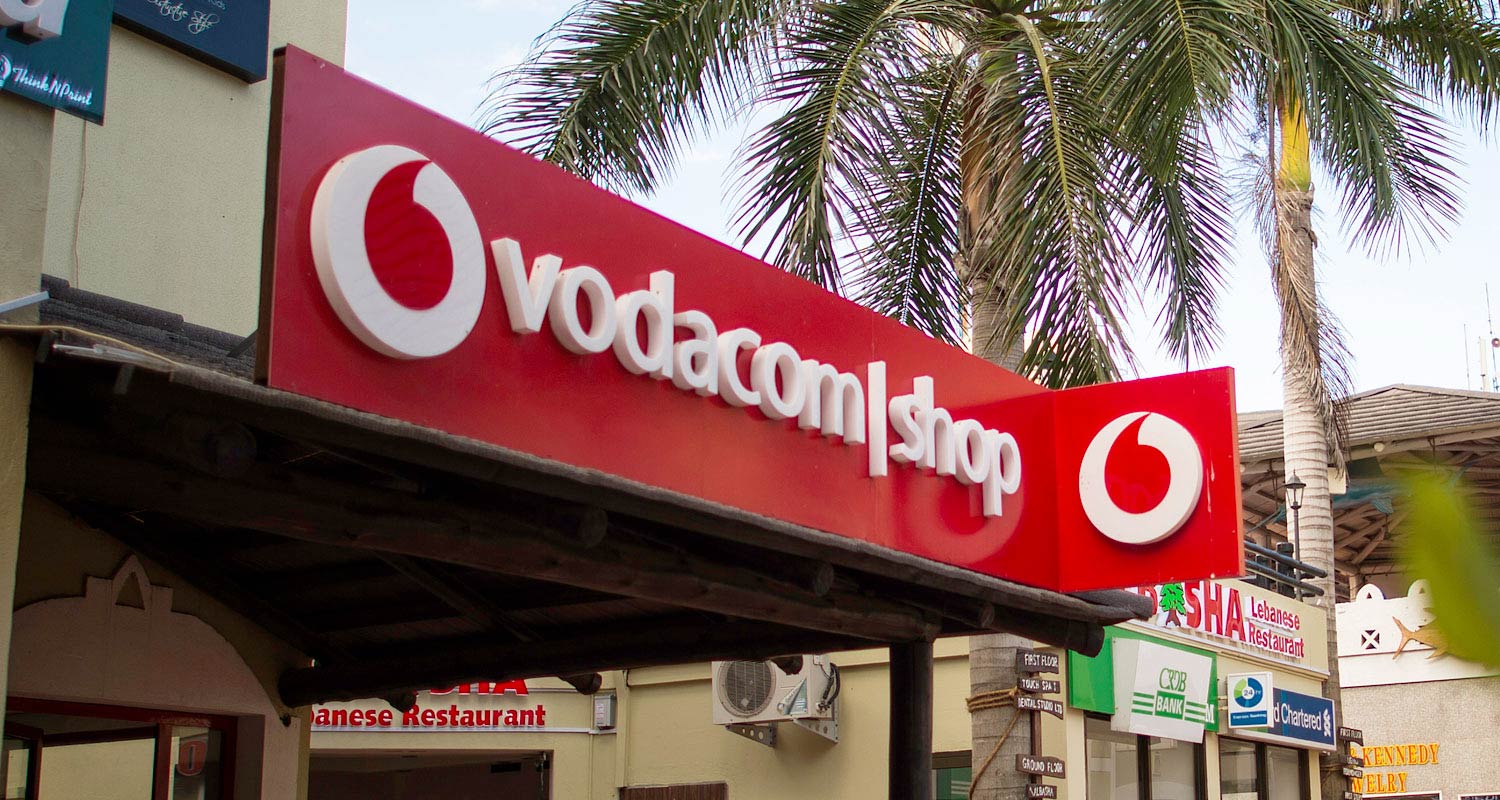 Vodacom Group’s load shedding woes are extending to other operating markets in Africa and threatening to inflate its costs.
Vodacom Group’s load shedding woes are extending to other operating markets in Africa and threatening to inflate its costs.
According to Vodacom’s integrated report for the year ended 31 March 2024, Vodacom’s efforts to protect its South African network from Eskom’s intermittent power outages continue to be hampered by site vandalism, while four of its other operating countries face increased levels of load shedding.
“Instances of vandalism and battery and cable theft at our base station sites in South Africa pose a threat to our network reliability, with pressure on grid electricity availability becoming the norm,” said Vodacom. “In Lesotho, Ethiopia, Egypt and Kenya, we also faced incremental grid availability challenges in FY2024.”
To curb energy-associated risk, Vodacom is engaging in a groupwide energy efficiency initiative targeting its base stations and data centres. The group spent R4.7-billion on electricity in the 2024 financial year, from R3.8-billion in the previous reporting period. Vodacom attributed the 23% surge in electricity spend to “higher tariffs, increased usage in some markets due to expansion, 5G roll-out and load shedding”.
“We invested R82-million in energy efficiency projects, with the potential to deliver annual energy savings of 24.1GWh,” it said.
Vodacom said its network availability in South Africa has dropped by only 2.3% between 2021 to 2023, despite grid power availability plummeting by 23.5% in the same period. Mitigating the effects of load shedding, however, does not come cheaply, and Vodacom has had to invest “substantially” in battery backup power in South Africa – and it looks like Lesotho, Kenya, Ethiopia and Egypt must follow suit.
Power woes
According to Lesotho Insights, only about 38% of that country – which is completely encircled geographically by South Africa – has access to electricity. Lesotho faces the challenge of expanding its distribution of electricity while contending with the fact that around 53% of its power requirements are imported – mostly from Eskom in South Africa, which faces longstanding capacity issues. Vodacom has 1.5 million customers in Lesotho generating a blended average revenue per user (Arpu) of R61/month.
In December, Kenya suffered its third nationwide blackout in just four months. The rise in the frequency of blackouts – especially those affecting the entire country – in recent years has affected business as well as the provision of essential services in the East-African nation. The causes of these blackouts, however, have yet to be identified.
Read: Eskom has the opportunity to reinvent itself: CEO
“Considering the frequency of the power disruptions and taking into account the fact that Jomo Kenyatta International Airport [in Nairobi] is a facility of strategic national importance, we are making a formal request to the national police service to investigate possible acts of sabotage and cover-ups,” Kipchumba Murkomen, Kenya’s transport minister, posted on X following the most recent nationwide blackout.
Vodacom operates via Safaricom in Kenya and has a 35% stake in that business servicing 45 million customers with an Arpu of R75/month.
According to a January report by the International Trade Administration, Ethiopia has only 5.2GW of installed generation capacity to service its population of 130 million – roughly 60% of this number has access to electricity. Like Lesotho, Ethiopia’s power supply is proving insufficient as more people are connected to the grid while total available power remains stagnant.
 Vodacom owns 5.7% of the Ethiopia business through Safaricom, servicing 4.3 million customers with an Arpu of R17/month.
Vodacom owns 5.7% of the Ethiopia business through Safaricom, servicing 4.3 million customers with an Arpu of R17/month.
While most regions where Vodacom operates – including South Africa and Lesotho – experience surges in power demand over the colder winter period when heating requirements rise, Egypt has the opposite problem. Increasingly hot summers, with temperatures of 40C and more, are the major cause of the power deficit in the North African country.
The heat adds costs for operators, which must keep networking infrastructure cool while contending with an intermittent power supply. Vodacom recently concluded the acquisition of a 55% stake in Vodafone Egypt, which serves 49 million customers with an Arpu of R48/month.
Read: Eskom making big strides, but load shedding remains a risk
Despite these challenges, Vodacom Group said superior network availability is one of its competitive advantages, and so it will continue to invest in network resilience across its markets to cater to growing demand for its services.
“While demand for connectivity continues to increase across our operating countries, challenges related to maintaining network availability persist. Maintaining network connectivity and quality is a core differentiator in customer experience and is therefore critical,” it said. – © 2024 NewsCentral Media




